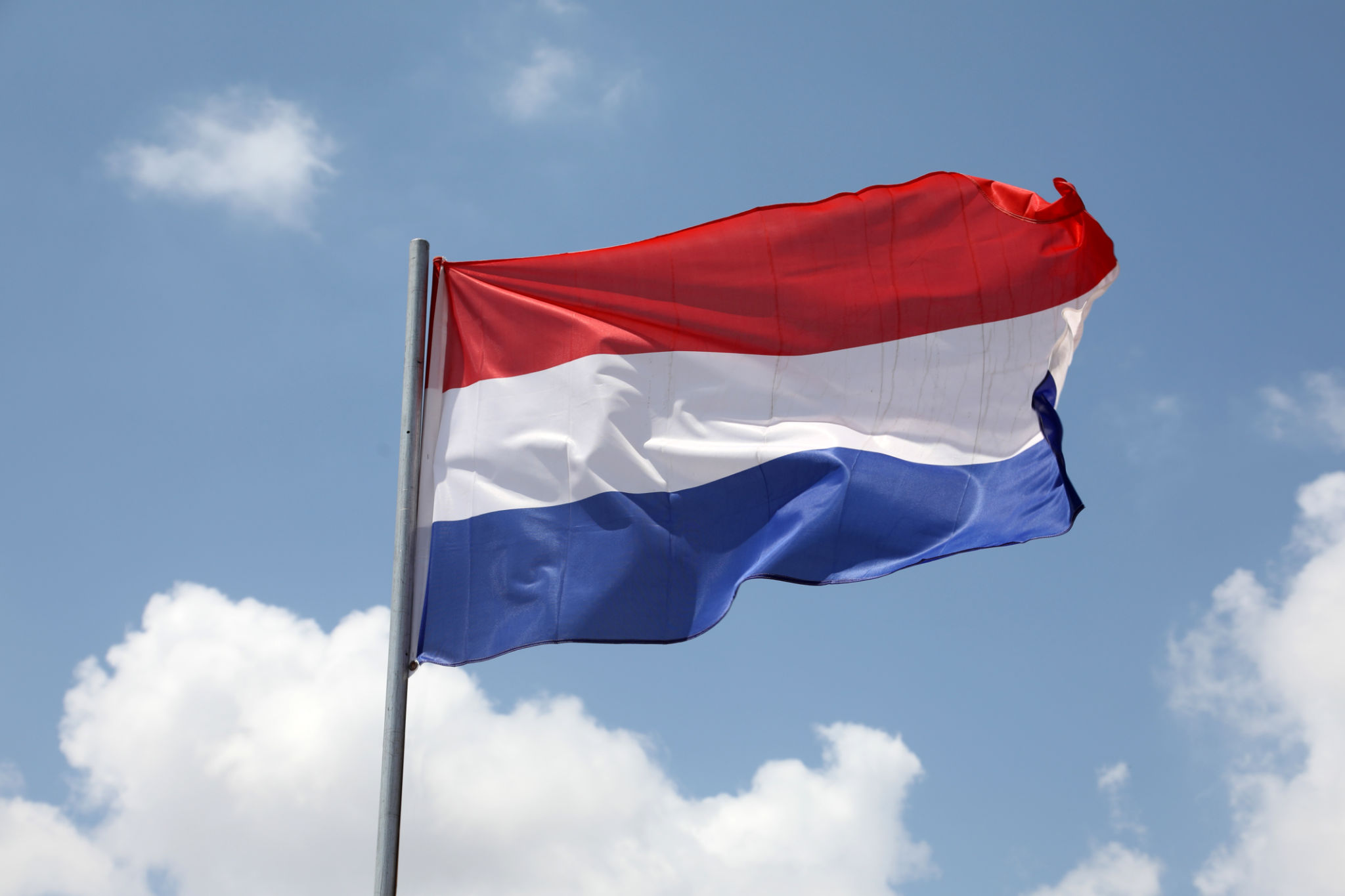Understanding GDPR Compliance for Businesses in the Netherlands
Introduction to GDPR Compliance
The General Data Protection Regulation (GDPR) is an essential piece of legislation that impacts how businesses handle personal data within the European Union, including the Netherlands. Understanding its requirements is crucial for businesses to avoid hefty fines and ensure the protection of individual data rights. This blog post will guide you through the basics of GDPR compliance and how it specifically applies to businesses operating in the Netherlands.

Key Principles of GDPR
The GDPR is built around several key principles designed to protect personal data. These include lawfulness, fairness, and transparency; purpose limitation; data minimization; accuracy; storage limitation; integrity and confidentiality. For businesses, adhering to these principles means implementing robust data management practices.
Lawfulness, fairness, and transparency require businesses to process personal data lawfully and transparently. This means obtaining clear consent from individuals and providing them with easily accessible information on how their data is used.

Data Minimization and Accuracy
Under GDPR, data minimization requires that businesses only collect data necessary for their specific purposes. This not only reduces the risk of breaches but also aligns with the ethical handling of personal information. Accuracy mandates that any personal data held is kept up-to-date and accurate, ensuring that any incorrect data is rectified promptly.
GDPR Compliance in the Netherlands
For businesses in the Netherlands, GDPR compliance is overseen by the Dutch Data Protection Authority (Autoriteit Persoonsgegevens). Businesses must be particularly vigilant about maintaining compliance, as this authority has been known to enforce regulations strictly.
One critical aspect of compliance in the Netherlands is ensuring that all communications, privacy policies, and consent forms are accessible in Dutch, catering to the local population's language needs.

Data Protection Officers (DPO)
Certain organizations, particularly those that process large amounts of sensitive data, are required to appoint a Data Protection Officer (DPO). This role involves overseeing data protection strategies and ensuring compliance with GDPR requirements. In the Netherlands, DPOs play a vital role in advising organizations on their obligations.
Steps for Achieving GDPR Compliance
Businesses can follow several steps to ensure they achieve and maintain GDPR compliance:
- Conduct a data audit: Identify what personal data you hold, how it is processed, and who has access to it.
- Update privacy policies: Ensure your privacy policies are transparent, comprehensive, and easily accessible.
- Implement data protection measures: Use encryption, pseudonymization, and other security measures to protect personal data.
- Establish a response plan: Develop a plan to address data breaches promptly and effectively.

Ongoing Compliance and Monitoring
GDPR compliance is not a one-time action but an ongoing process. Regularly reviewing your data protection practices and staying informed about any changes in legislation is essential. Businesses should conduct periodic audits and training sessions to ensure all employees are aware of their roles in maintaining compliance.
Conclusion
Understanding GDPR compliance is fundamental for businesses in the Netherlands to operate lawfully and ethically. By adhering to the regulation's principles and implementing robust data protection strategies, companies can safeguard personal data while building trust with their customers. Staying proactive in compliance efforts not only protects businesses from legal repercussions but also enhances their reputation and customer relationships.
